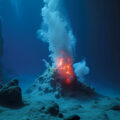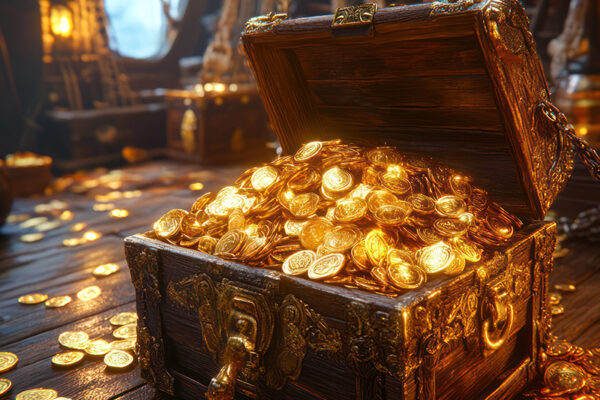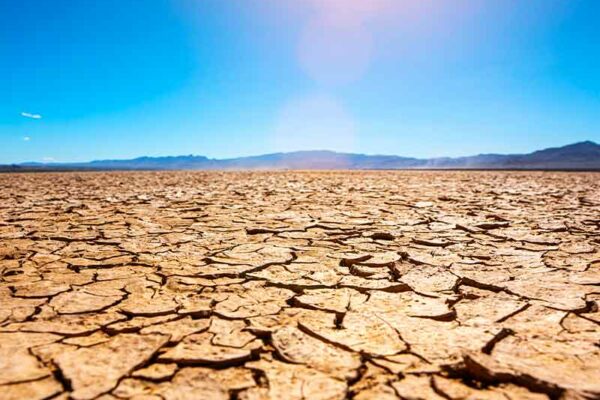
Once, on an underwater dive in Costa Rica, Peter Benchley, the creator of the ‘Jaws’ movie, saw finless shark bodies littering the bottom of the ocean. He realised that the feared sharks were not savage monsters but mutilated victims of human greed! Contrary to popular belief, less than 100 shark attacks take place annually, as compared to 100 million sharks poached each year. Ironically, more people die while taking selfies than due to shark attacks. Our fish are in troubled waters and fast going extinct due to the menace of marine poaching.
What Is Marine Poaching?
Marine poaching is the illegal hunting, killing or capturing of sea life. It is endangering marine species, disrupting the essential balance of marine ecosystems and also impacting human survival. “Our ocean defines our planet. It is home to more than half of all the life on Earth today,” said Sir David Attenborough, a famous naturalist, noted for his documentaries like ‘The Blue Planet’. Many people depend on the oceans for their food and jobs. Oceans also regulate the Earth’s climate by producing more oxygen than the mighty Amazon Rainforest! If marine life is not saved, coastal tourism will collapse, jobs will be lost and climate change will speed up. Sadly, three million tonnes of fish are annually poached worldwide. No marine creature has been spared the pressure of hunting on the open waters. 15 sea species have gone extinct, 72 are on the verge of extinction and 90% of the top sea predators have gone missing.
Marine Poaching in Indian Waters
According to the World Wide Fund for Nature, India is only second to Indonesia in the global list of shark finning. Under the Wildlife Protection Act of India, of the 88 shark species found in Indian waters, only four have been listed as protected. Nearly 60% of the coral reefs in the Andaman and Nicobar Islands and Lakshadweep are under threat. The government recently drafted a new bill to prevent illegal fishing in Indian waters and set up anti-poaching camps, but the issue needs a lot more attention.
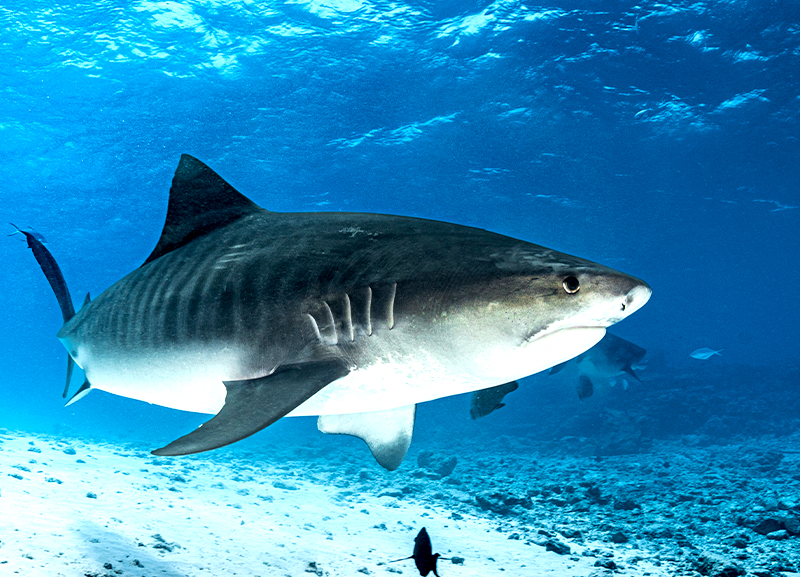
Turn ‘Save Our Souls’ to ‘Save Our Seas’
The seas, one of the most beautiful, vast and majestic places on Earth, will soon be a mystery and history to our future generations if we don’t pledge to Save Our Seas now. To help the cause, the government must entirely ban the hunting of endangered species and scrap harmful fishery subsidies. It also needs to introduce eco-labels for sustainably caught fish and local fishermen should be educated and enlisted to become protectors, not poachers.
For our part, we must educate our friends and family about the underestimated problem of illegal marine poaching. We must also switch to eating local fish that reproduce fast enough so that endangered species get time to recover. The best way to do this is by joining local organisations and supporting their efforts. Baby steps will lead us to big change. If we are to save humanity, we must Save Our Seas.
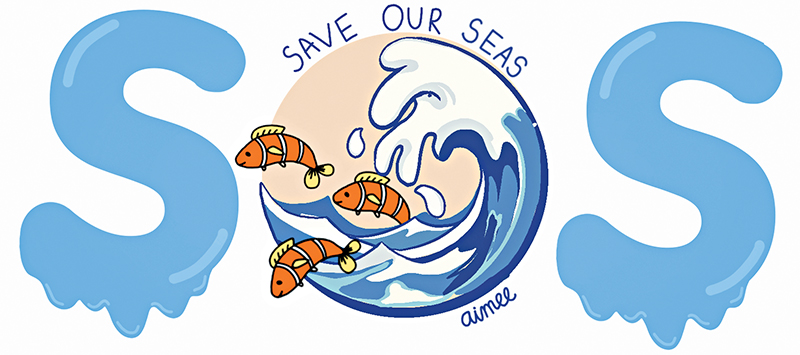
Some Endangered Sea Species
- Sharks: Slaughtered for shark fin soup and liver oil that is used in beauty products and medicines.
- Whales: Six out of the 13 great whale species are endangered, even though whaling has been banned worldwide.
- Dolphins: Dolphins like to jump in joy, don’t treat them like a toy! Unfortunately, dolphins are poached for their meat and to be trained and employed in entertainment parks. The largest dolphin massacre took place in Europe in 2021 when 1,428 dolphins were butchered. Even at Taiji, in Japan, where dolphins are killed recklessly, the numbers are less.
- Sea Turtles: Accidental capture in fishing gear is the greatest threat to sea turtles, especially by large vessels in China and Vietnam. Their shells, skin and eggs are used in medicines.

- Bluefin Tuna: The Atlantic bluefin tuna is especially vulnerable as they do not reproduce fast enough.
- Corals: Corals are used for making jewellery and poaching of reef fish has led to the destruction of precious corals.
REFLECTION: Endangered Species
List any 10 endangered sea creatures.

















